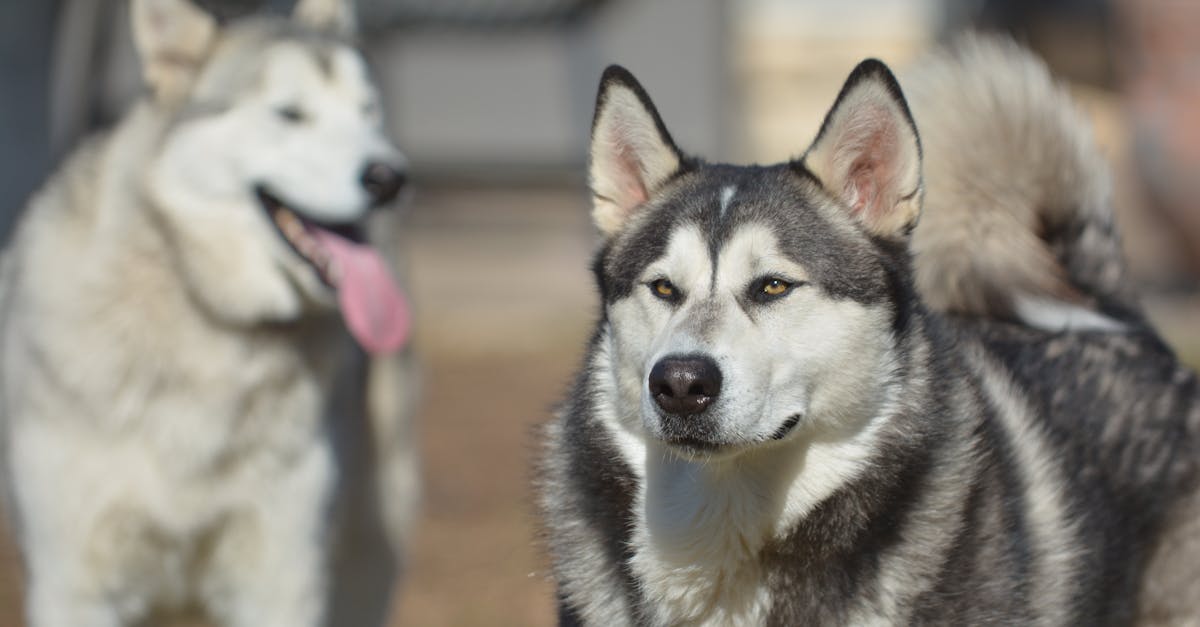Why Do Dogs Sneeze? Causes, Signs & Remedies for Canine Sneezing
If you’ve ever noticed your furry friend suddenly letting out a cute little sneeze, you might have wondered what’s behind this adorable behavior. Dogs, just like humans, have their own reasons for sneezing. Understanding why dogs sneeze can give you a glimpse into their world and help you connect with your canine companion on a whole new level.
When your pup lets out a sneeze, it could be a sign of various things – from simple irritants like dust or pollen to more complex reasons like playfulness or even communication. Dogs have their own unique ways of expressing themselves, and sneezing is just one of the many ways they interact with the world around them. So next time your dog sneezes, remember, there might be more to it than meets the eye.
Understanding Dog Sneezes
The Basic Mechanics of Sneezing in Dogs
Dogs sneeze just like humans do, often as a way for their bodies to clear out irritants or foreign particles. When your furry friend encounters dust, pollen, or other substances that tickle their nose, a sneeze is their natural response to try to get rid of these irritants. It’s similar to how we sneeze when something bothers our noses.
When Sneezing is Normal Behavior
Sneezing in dogs can also be a normal behavior in certain situations, such as during playtime. For example, dogs may sneeze when playing with other dogs to communicate that they are engaging in friendly, non-aggressive behavior. This type of sneezing is just another way dogs express themselves and interact with their canine companions.
Common Reasons for Dog Sneezing
Play Sneezing: A Sign of Fun
When your furry friend is sneezing during playtime, it’s often a sign that they are having a blast! Dogs can sneeze to show they’re enjoying themselves and feeling playful. It’s a way for them to express their happiness and excitement, similar to how we might laugh or giggle when we’re having a good time.
Nasal Irritants and Allergies
Just like humans, dogs can also be sensitive to irritants like dust, pollen, or strong scents. When these irritants enter their nasal passages, dogs may sneeze to try to clear them out. Allergies can also trigger sneezing in dogs, causing discomfort and prompting them to sneeze more frequently.
Health Conditions Linked to Sneezing
While occasional sneezing is usually harmless, persistent or excessive sneezing could indicate an underlying health issue. Health conditions like infections, nasal blockages, or dental problems can lead to increased sneezing in dogs. If your furry companion is sneezing excessively or showing other concerning symptoms, it’s best to consult with your veterinarian for proper diagnosis and treatment.
How to Identify Problematic Sneezing
Frequency and Intensity Matters
When it comes to your furry friend’s sneezes, pay attention to how often they occur. Occasional sneezing, especially when your dog is in a dusty environment or playing energetically, is usually nothing to worry about. However, if you notice a sudden increase in the frequency of sneezes or if they are particularly intense, it’s essential to take note. Excessive sneezing could be a sign of an underlying issue that needs attention.
Accompanying Symptoms to Watch For
While occasional sneezing on its own may not be alarming, keep an eye out for any other symptoms that may accompany the sneezing. If your dog is sneezing and displaying signs such as nasal discharge (especially if it’s thick or discolored), coughing, wheezing, or lethargy, it could indicate a more serious problem requiring veterinary attention. These additional symptoms can help pinpoint the underlying cause of the sneezing and guide the appropriate treatment.
Managing and Treating Sneezing in Dogs
Home Remedies and Precautions
If your dog is sneezing because of minor irritants and there are no other concerning symptoms, you can try some home remedies. Firstly, ensure your home is clean to reduce potential allergens. You can use a humidifier to keep the air moist, which might help with sneezing caused by dry air. Additionally, avoid smoking around your dog, as smoke can irritate their nasal passages. Also, consider changing your dog’s diet to see if any ingredients might be triggering the sneezing.
When to Seek Veterinary Help
While occasional sneezing is normal, persistent or intense sneezing, especially when accompanied by nasal discharge, coughing, wheezing, or lethargy, could indicate a more serious problem. It’s crucial to monitor your dog’s sneezing patterns. If you notice a sudden change in frequency or intensity, or if other symptoms occur, it’s time to consult a veterinarian. They can conduct further evaluations to determine the underlying cause of the sneezing and provide appropriate treatment.
Conclusion
So, now you know why your furry friend might be sneezing. Remember, occasional sneezing is normal, but if it becomes persistent, it’s time to pay attention. Monitoring the frequency and intensity of sneezing can help you identify any underlying health issues. Keep an eye out for other symptoms like nasal discharge or coughing. Simple steps like keeping your dog’s environment clean, using a humidifier, and making dietary changes can help alleviate minor irritants causing sneezing. But if the sneezing persists or is accompanied by worrying signs, it’s best to seek veterinary advice. Your pup’s health is a top priority, so don’t hesitate to consult a professional if needed.
Frequently Asked Questions
Why does my dog sneeze frequently?
Dogs can sneeze due to encountering irritants, playfulness, or communication. Occasional sneezing is normal.
How can I tell if my dog’s sneezing is a problem?
Monitor the frequency and intensity of sneezing. Pay attention to nasal discharge, coughing, wheezing, or lethargy as accompanying symptoms.
What can I do to help my sneezing dog at home?
Maintain a clean environment, use a humidifier, avoid smoking near the dog, and consider dietary changes to address minor irritants causing sneezing.
When should I seek veterinary help for my dog’s sneezing?
Seek help if sneezing becomes persistent, intense, or is accompanied by concerning symptoms like nasal discharge, coughing, whejson wheezing.

